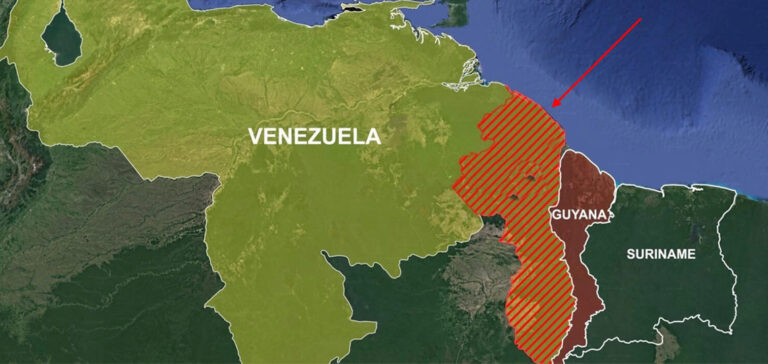The escalating crisis between Venezuela and Guyana over the oil-rich Essequibo region has caused great concern in the international community. The UN Security Council is meeting to review the situation, while South American countries are calling for restraint and a peaceful resolution to the conflict. This rise in tension follows the discovery of significant oil reserves by ExxonMobil in 2015 and oil development initiatives by Guyana.
American military exercises and Venezuelan response
The United States announced military air exercises in Guyana, considered a provocation by Venezuela. Venezuelan Defense Minister Vladimir Padrino Lopez condemned the exercises, calling them support for ExxonMobil’s interests and affirming Venezuela’s determination to recover the Essequibo.
Venezuelan referendum and Guyanese reactions
Venezuela’s recent referendum on Essequibo has exacerbated tensions. The majority of Venezuelan voters were in favor of integrating Essequibo into Venezuela. In response, Guyanese President Irfaan Ali spoke of a direct threat to Guyana’s territorial integrity, declaring his army on full alert.
Positioning International Players
British Foreign Secretary David Cameron urged Caracas to cease its actions, while US Secretary of State Antony Blinken reaffirmed US support for Guyana’s sovereignty. Brazilian President Luiz Inacio Lula da Silva has expressed his desire to avoid armed conflict in South America.
Helicopter Incident and Ongoing Investigation
A Guyanese helicopter crashed near the Venezuelan border, killing five of the seven soldiers on board. Although no Venezuelan involvement has been confirmed, the Guyanese army has opened an investigation into the accident, which occurred in adverse weather conditions.
Implications of the Venezuelan Referendum
The Venezuelan referendum on the Essequibo accentuated the crisis, with Caracas accusing the Guyanese president of allowing the installation of US military bases in the region. Venezuelan President Nicolas Maduro has taken steps to reinforce the military presence near the border and has proposed restrictions on oil companies operating in the Essequibo.
Communications between Venezuela and Guyana
Despite the tensions, the foreign ministers of the two countries resumed contact and agreed to keep the channels of communication open. However, statements remain tense, with Guyana’s Vice President Bharrat Jagdeo expressing distrust of Maduro’s government.
The situation between Venezuela and Guyana around the Essequibo represents a major challenge to regional peace and stability, with significant international implications. The international community remains vigilant, seeking to ease tensions and encourage a peaceful resolution.





















